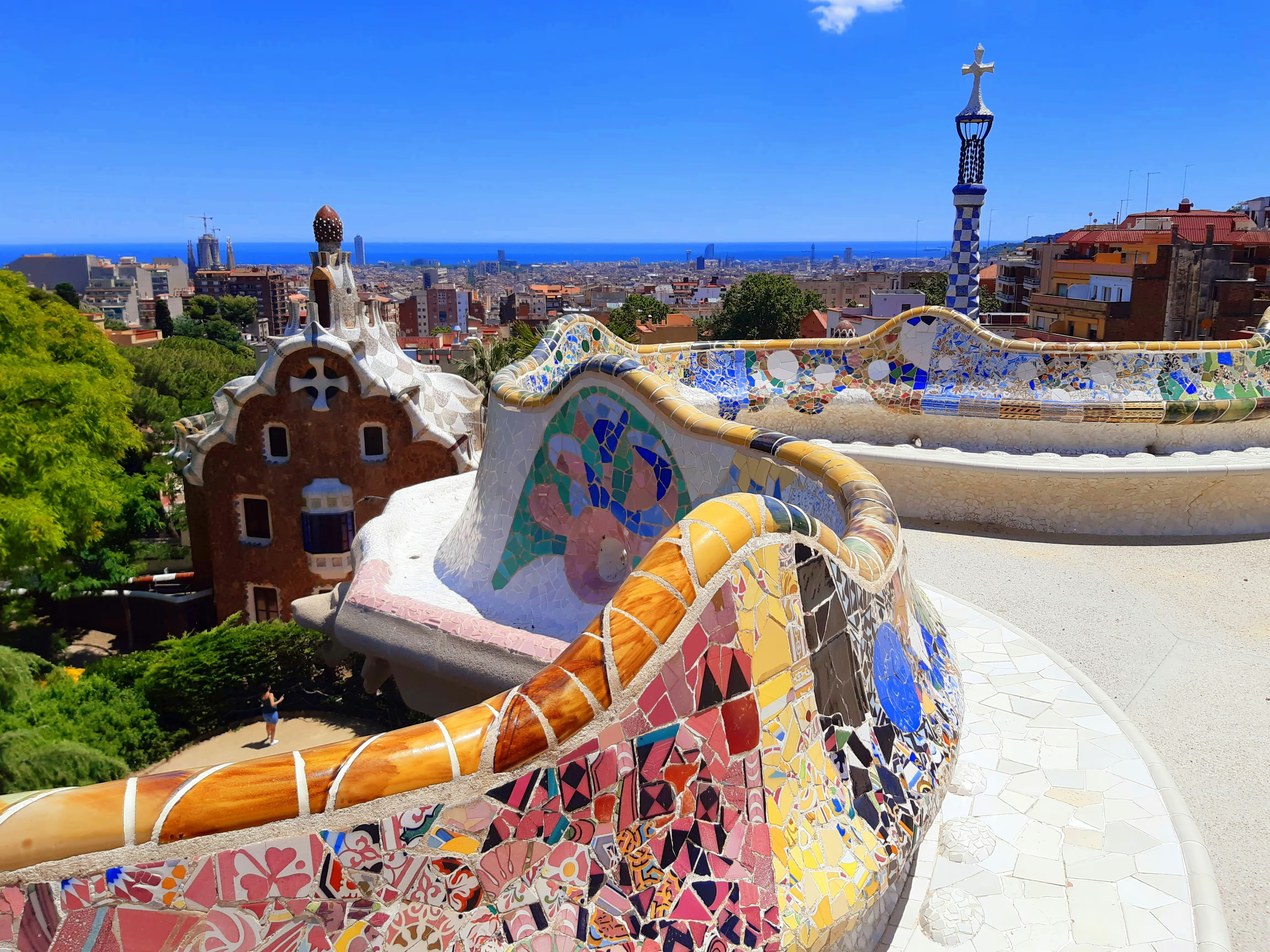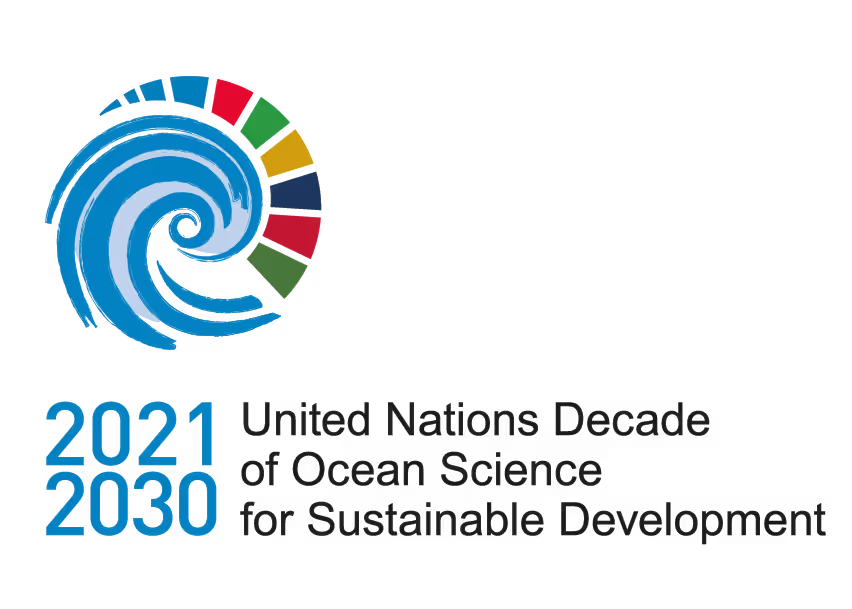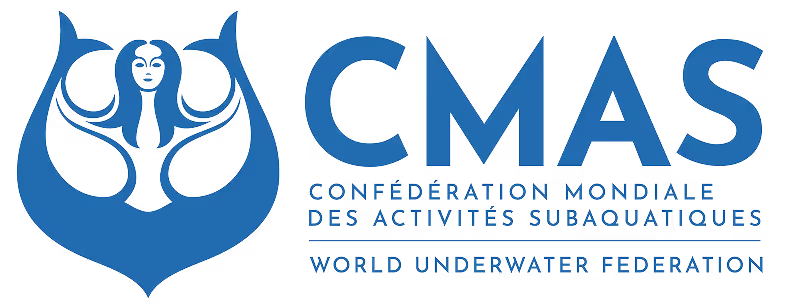



Conference
SEAWILDING
The Future of Our Ocean
THE CONFERENCE.
SeaWilding 2025 is Spain's first large-scale interdisciplinary conference where researchers, experts, and key stakeholders in ocean conservation and restoration come together to drive transformative development in this field. Join us in Barcelona from October 23-25, 2025, at a critical moment for the future of our oceans.
This inaugural edition constitutes a space oriented towards the interaction between science and ocean advocacy for the communication, dissemination, and debate of scientific knowledge about the oceans, aligning with the objectives of the UN Ocean Decade and the Kunming-Montreal Global Biodiversity Framework. It offers the opportunity to gain new perspectives, learn from each other, and encourage international networking and collaboration.
The main focus of the conference is transformative change: "from knowledge to action," specifically working towards the restoration of 30% of our oceans by 2030. This broad theme allows for deeper debate from different perspectives: conservation, advocacy, environmental law, biodiversity loss, ecosystem services, Marine Protected Areas (MPAs), nature-based solutions, restoration, humanism, climate, health, economic incentives, overfishing, pollution, challenges, and emerging opportunities for marine recovery
This inaugural edition constitutes a space oriented towards the interaction between science and ocean advocacy for the communication, dissemination, and debate of scientific knowledge about the oceans, aligning with the objectives of the UN Ocean Decade and the Kunming-Montreal Global Biodiversity Framework. It offers the opportunity to gain new perspectives, learn from each other, and encourage international networking and collaboration.
The main focus of the conference is transformative change: "from knowledge to action," specifically working towards the restoration of 30% of our oceans by 2030. This broad theme allows for deeper debate from different perspectives: conservation, advocacy, environmental law, biodiversity loss, ecosystem services, Marine Protected Areas (MPAs), nature-based solutions, restoration, humanism, climate, health, economic incentives, overfishing, pollution, challenges, and emerging opportunities for marine recovery
Speakers


+35
Speakers
10
KEYNOTES
18
CONFERENCES

3
Round
Tables
Themes


Humanism and Conservation
The Anthropocene is changing our relationship with the planet and we must determine how to assume this responsibility" (Nobel Laureate Elinor Ostrom, 1933-2012). Humanity must serve as steward of the planet's natural resources, and all stakeholders must participate to reduce anthropogenic damage to the environment.
We will explore how innovative conceptual frameworks such as ecoanimal complementarity, symbioethics, ecological humanities, and the ethics of rewilding offer alternatives to Cartesian dualism, which has conceived nature as an exploitable machine and animals as mere automata.
We will explore how innovative conceptual frameworks such as ecoanimal complementarity, symbioethics, ecological humanities, and the ethics of rewilding offer alternatives to Cartesian dualism, which has conceived nature as an exploitable machine and animals as mere automata.
OCEANS IN TRANSITION
Centuries of human exploitation and pollution have degraded marine environments, and climate change is exacerbating these impacts. Our marine "resources," which seemed limitless, are now in danger. The analysis conducted by Halpern et al. (2008) indicates that no marine area is free from human influence and that a large proportion (41%) is strongly affected by multiple factors.
All these observed changes are questioning the effectiveness of current ocean and fisheries management systems. The situation underscores the urgent need to implement more effective mitigation and adaptation measures. This transformation of our
oceans represents one of the greatest environmental challenges today, requiring a coordinated global response that considers urgent and innovative adaptation strategies to protect both marine ecosystems and the communities that depend on them.
All these observed changes are questioning the effectiveness of current ocean and fisheries management systems. The situation underscores the urgent need to implement more effective mitigation and adaptation measures. This transformation of our
oceans represents one of the greatest environmental challenges today, requiring a coordinated global response that considers urgent and innovative adaptation strategies to protect both marine ecosystems and the communities that depend on them.
Marine protected areas
We will delve into the different methods and paths that can lead to the necessary change towards a more protected ocean, exploring how fully or highly protected marine areas (MPAs) constitute the most effective instrument for restoring ocean ecosystem services. Highly protected MPAs have demonstrated significantly higher fish
biomass, reaching levels 670% greater than in adjacent unprotected areas and 343% higher than in partially protected areas (Sala and Giakoumi, 2018).
Recently, the international community has committed itself to protecting 30% of the oceans by 2030 through the Kunming-Montreal Global Biodiversity Framework, although in 2024 only 8.3% are protected and barely 2.9% are strictly protected (Marine Conservation Institute, 2024). An additional 2.2 million square kilometers need to be protected each year to reach this goal.
This low level of protection is largely due to conflicts with fishing and other extractive uses. However, a recent study has observed that a substantial increase in ocean protection could generate a triple benefit by protecting biodiversity, boosting fishing yields, and securing marine carbon reserves that are at risk from anthropogenic activities (Sala, Mayorga, and Bradley, 2021, Nature).
biomass, reaching levels 670% greater than in adjacent unprotected areas and 343% higher than in partially protected areas (Sala and Giakoumi, 2018).
Recently, the international community has committed itself to protecting 30% of the oceans by 2030 through the Kunming-Montreal Global Biodiversity Framework, although in 2024 only 8.3% are protected and barely 2.9% are strictly protected (Marine Conservation Institute, 2024). An additional 2.2 million square kilometers need to be protected each year to reach this goal.
This low level of protection is largely due to conflicts with fishing and other extractive uses. However, a recent study has observed that a substantial increase in ocean protection could generate a triple benefit by protecting biodiversity, boosting fishing yields, and securing marine carbon reserves that are at risk from anthropogenic activities (Sala, Mayorga, and Bradley, 2021, Nature).
GOVERNANCE & JUSTICE
A comprehensive perspective that ranges from the evolution of the Convention on Biological Diversity to the future prospects for achieving the goals set out in the Kunming-Montreal Global Biodiversity Framework and the emerging outcomes and commitments from international ocean governance frameworks, including the recently adopted Agreement on Biodiversity Beyond National Jurisdiction (BBNJ) (United Nations, 2023).
The strategic integration of three fundamental pillars can transform global conservation efforts: science and evidence as the foundation for effective public policies, multilateral cooperation as a mechanism for international governance, and grassroots initiatives that include local communities, Indigenous Peoples, and citizen movements.
The strategic integration of three fundamental pillars can transform global conservation efforts: science and evidence as the foundation for effective public policies, multilateral cooperation as a mechanism for international governance, and grassroots initiatives that include local communities, Indigenous Peoples, and citizen movements.





Barcelona.
The choice of Barcelona as the venue for SEAwilding 2025 reflects its solid track record in ocean science research, backed by prestigious institutions such as the Institute of Marine Sciences (ICM-CSIC) and an ecosystem of excellent university centers such as the University of Barcelona (UB) and the Polytechnic University of Catalonia (UPC). This confluence of scientific institutions, political commitment, first-class infrastructure and a long maritime tradition make Barcelona the ideal setting to catalyze the international collaborations necessary for the recovery of our oceans.
Venues
SECURE your place at the conference.
Tickets now available!!
October 23 to 25
Barcelona
Barcelona
registration













